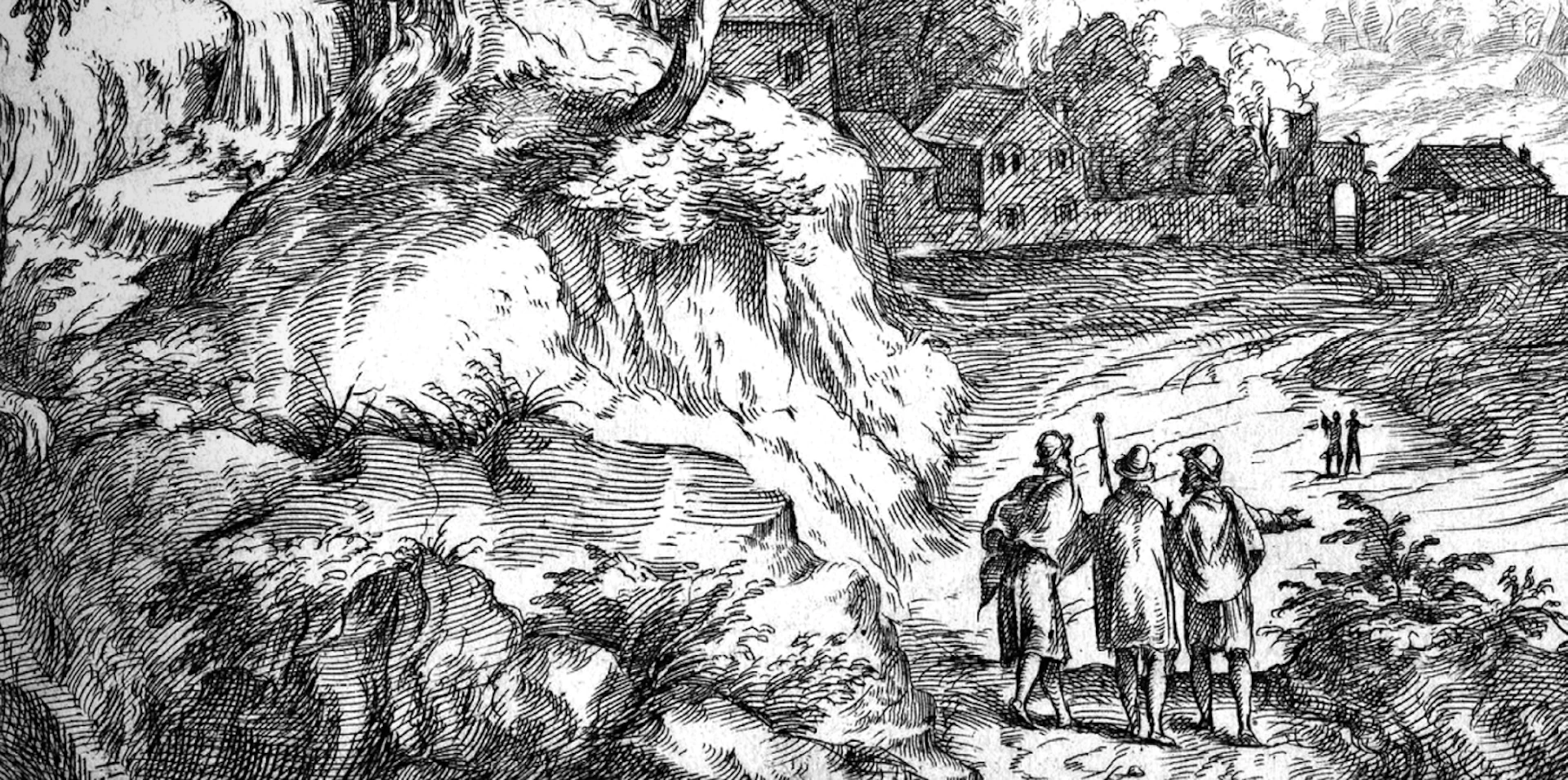
St. Paul Center Media
Explore free content from the theologians and scholars you know and trust. Sign up for our newsletter to stay up-to-date with the St. Paul Center.
Sign Up for the NewsletterLatest Resources
All
Articles
Podcasts
Videos
Sunday Bible Reflections
Title
Category
-
May 1, 2025product
-
Mar 17, 2025product
-
Feb 21, 2025product
-
Feb 21, 2025product
-
Feb 21, 2025product
-
Feb 21, 2025product
-
Feb 21, 2025product
-
Feb 21, 2025product
-
Dec 10, 2024product
-
Dec 10, 2024product
-
Dec 10, 2024product
-
Dec 10, 2024product

























